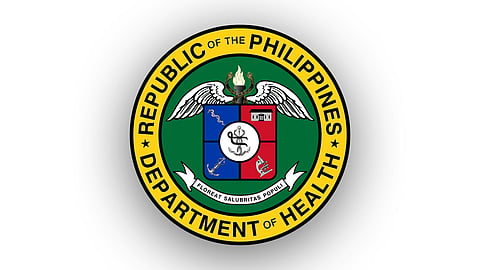
- HEADLINES
- NEWS
- PAGE THREE
- COMMENTARY
- BUSINESS
- LIFE
- ACTION
- GLOBAL GOALS
- SNAPS
- DYARYO TIRADA
- AIF
- MORE

The Department of Health (DOH) on Saturday said it has recorded a total of seven heat-related deaths nationwide.
According to DOH, deaths may be heat-related illnesses, including heat stroke or the underlying risk of heart attack, precipitated by hot environment that lead to an elevated blood pressure.
Meanwhile, 77 heat-related illnesses were reported from 1 January to 29 April.
Among these cases, 67 were noted to have affected the age range of 12 to 21 years old.
In a radio interview, DOH Assistant Secretary and Spokesperson Dr. Albert Domingo warned of the high likelihood of heat stroke as temperatures soar and reminded the public to remain alert and ensure to stay cool and well-hydrated.
Domingo explained that common symptoms of heat stroke include loss of consciousness, confusion, and in severe cases, even heart attacks.
Heat-related illnesses
According to DOH, heat-related illnesses include heat cramps, heat exhaustion, and heat stroke.
Heat cramps are muscle pains or spasms, usually in the abdomen and may occur during intense physical activities in hot weather.
Symptoms include dizziness, fatigue, dizziness, headache, or vomiting.
Meanwhile, heat exhaustion is extreme fatigue caused by hot temperatures.
It can become painful if you stay in the heat for a long time, and don’t drink enough water, which can eventually cause dehydration.
On the other hand, heat exhaustion symptoms include fatigue, weakness, headache, nausea.
The most serious type of heat-related illness, on the other hand is heat stroke.
It is when the body is unable to cool the skin and it causes a burning heat in the body.
This is an emergency that requires immediate medical attention.
Symptoms include loss of consciousness, confusion, heart attack.
When experiencing heat-related illness, the DOH is advising to move to a shaded area with a chance of cooling, lessen the use of clothes with thick fabrics; apply a cold compress or ice wrapped in a cloth; drink cold water slowly; and contact the services of emergency or hospital.
